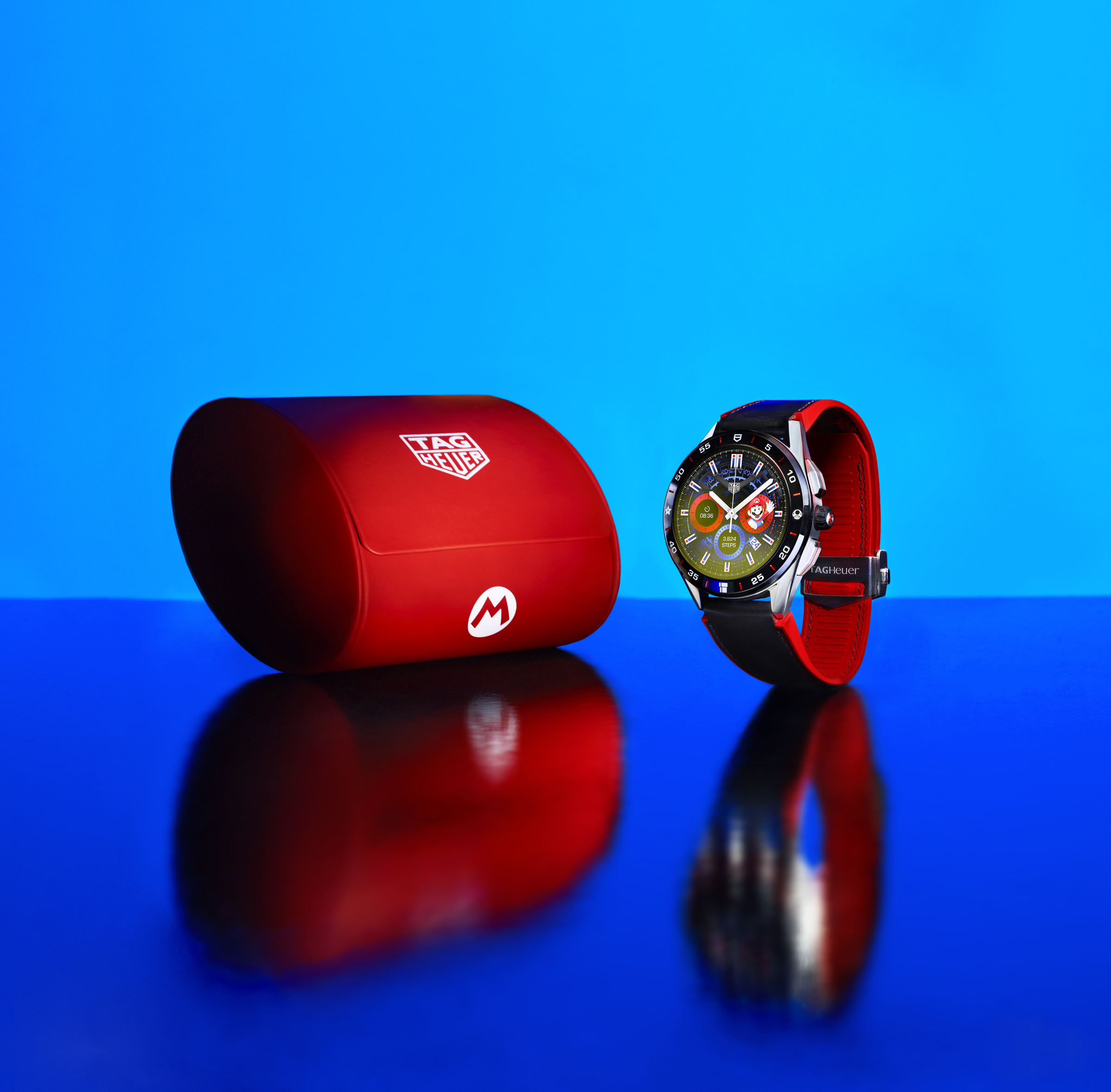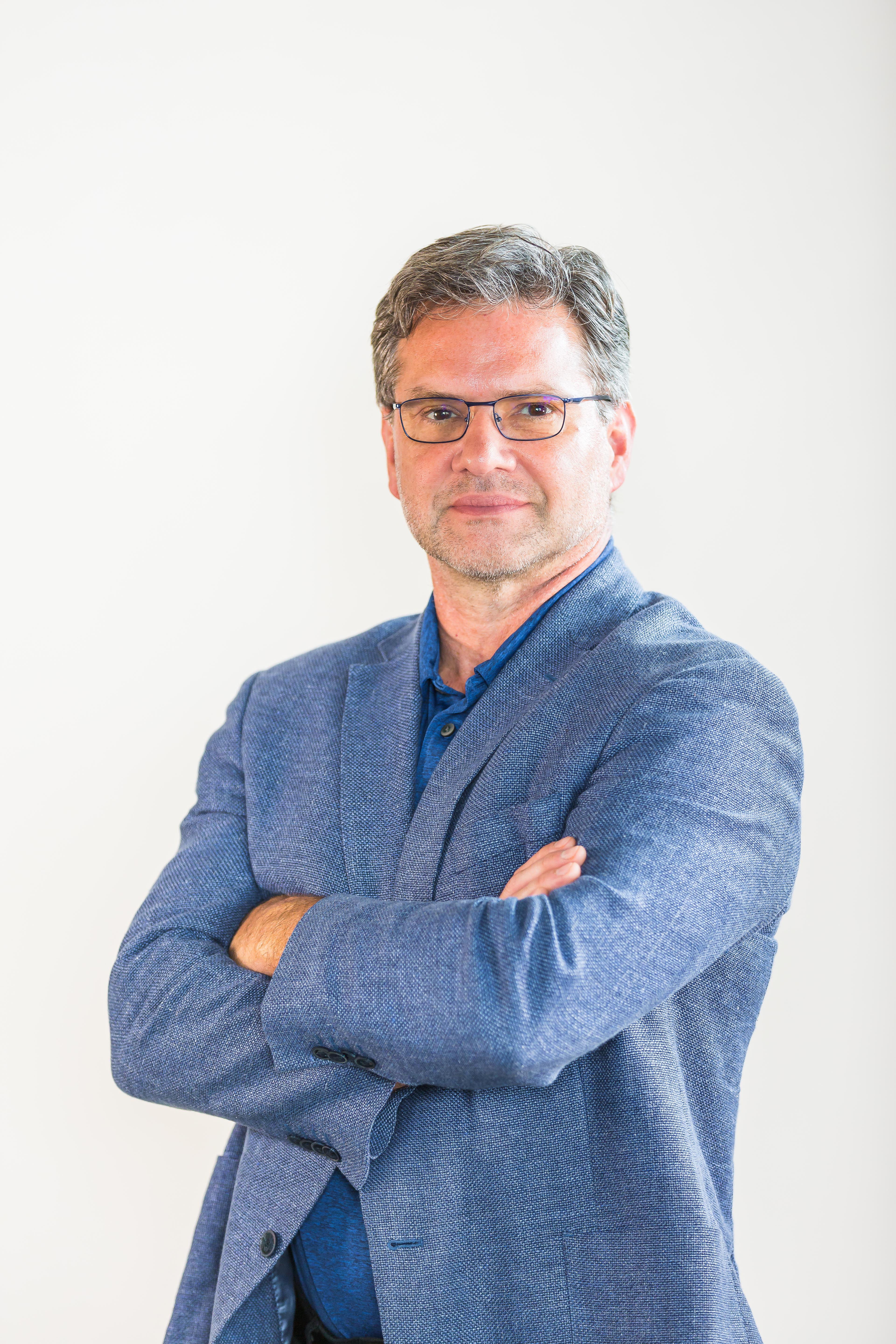- July 13, 2021
- by:
- in: Blog
As financial crime has become significantly more sophisticated, so too have the tools that are used to combat it. Now, Quantexa — one of the more interesting startups that has been building AI-based solutions to help detect and stop money laundering, fraud, and other illicit activity — has raised a growth round of $153 million,
As financial crime has become significantly more sophisticated, so too have the tools that are used to combat it. Now, Quantexa — one of the more interesting startups that has been building AI-based solutions to help detect and stop money laundering, fraud, and other illicit activity — has raised a growth round of $153 million, both to continue expanding that business in financial services and to bring its tools into a wider context, so to speak: linking up the dots around all customer and other data.
“We’ve diversified outside of financial services and working with government, healthcare, telcos and insurance,” Vishal Marria, its founder and CEO, said in an interview. “That has been substantial. Given the whole journey that the market’s gone through in contextual decision intelligence as part of bigger digital transformation, was inevitable.”
The Series D values the London-based startup between $800 million and $900 million on the heels of Quantexa growing its subscriptions revenues 108% in the last year.
Warburg Pincus led the round, with existing backers Dawn Capital, AlbionVC, Evolution Equity Partners (a specialist cybersecurity VC), HSBC, ABN AMRO Ventures and British Patient Capital also participating. The valuation is a significant hike up for Quantexa, which was valued between $200 million and $300 million in its Series C last July. It has now raised over $240 million to date.
Quantexa got its start out of a gap in the market that Marria identified when he was working as a director at Ernst & Young tasked with helping its clients with money laundering and other fraudulent activity. As he saw it, there were no truly useful systems in the market that efficiently tapped the world of data available to companies — matching up and parsing both their internal information as well as external, publicly available data — to get more meaningful insights into potential fraud, money laundering and other illegal activities quickly and accurately.
Quantexa’s machine learning system approaches that challenge as a classic big data problem — too much data for a humans to parse on their own, but small work for AI algorithms processing huge amounts of that data for specific ends.
Its so-called “Contextual Decision Intelligence” models (the name Quantexa is meant to evoke “quantum” and “context”) were built initially specifically to address this for financial services, with AI tools for assessing risk and compliance and identifying financial criminal activity, leveraging relationships that Quantexa has with partners like Accenture, Deloitte, Microsoft and Google to help fill in more data gaps.
The company says its software — and this, not the data, is what is sold to companies to use over their own datasets — has handled up to 60 billion records in a single engagement. It then presents insights in the form of easily digestible graphs and other formats so that users can better understand the relationships between different entities and so on.
Today, financial services companies still make up about 60% of the company’s business, Marria said, with 7 of the top 10 UK and Australian banks and 6 of the top 14 financial institutions in North America among its customers. (The list includes its strategic backer HSBC, as well as Standard Chartered Bank and Danske Bank.)
But alongside those — spurred by a huge shift in the market to relying significantly more on wider data sets, to businesses updating their systems in recent years, and the fact that, in the last year, online activity has in many cases become the “only” activity — Quantexa has expanded more significantly into other sectors.
“The Financial crisis [of 2007] was a tipping point in terms of how financial services companies became more proactive, and I’d say that the pandemic has been a turning point around other sectors like healthcare in how to become more proactive,” Marria said. “To do that you need more data and insights.”
So in the last year in particular, Quantexa has expanded to include other verticals facing financial crime, such as healthcare, insurance, government (for example in tax compliance), and telecoms/communications, but in addition to that, it has continued to diversify what it does to cover more use cases, such as building more complete customer profiles that can be used for KYC (know your customer) compliance or to serve them with more tailored products. Working with government, it’s also seeing its software getting applied to other areas of illicit activity, such as tracking and identifying human trafficking.
In all, Quantexa has “thousands” of customers in 70 markets. Quantexa cites figures from IDC that estimate the market for such services — both financial crime and more general KYC services — is worth about $114 billion annually, so there is still a lot more to play for.
“Quantexa’s proprietary technology enables clients to create single views of individuals and entities, visualized through graph network analytics and scaled with the most advanced AI technology,” said Adarsh Sarma, MD and co-head of Europe at Warburg Pincus, in a statement. “This capability has already revolutionized the way KYC, AML and fraud processes are run by some of the world’s largest financial institutions and governments, addressing a significant gap in an increasingly important part of the industry. The company’s impressive growth to date is a reflection of its invaluable value proposition in a massive total available market, as well as its continued expansion across new sectors and geographies.”
Interestingly, Marria admitted to me that the company has been approached by big tech companies and others that work with them as an acquisition target — no real surprises there — but longer term, he would like Quantexa to consider how it continues to grow on its own, with an independent future very much in his distant sights.
“Sure, an acquisition to the likes of a big tech company absolutely could happen, but I am gearing this up for an IPO,” he said.








